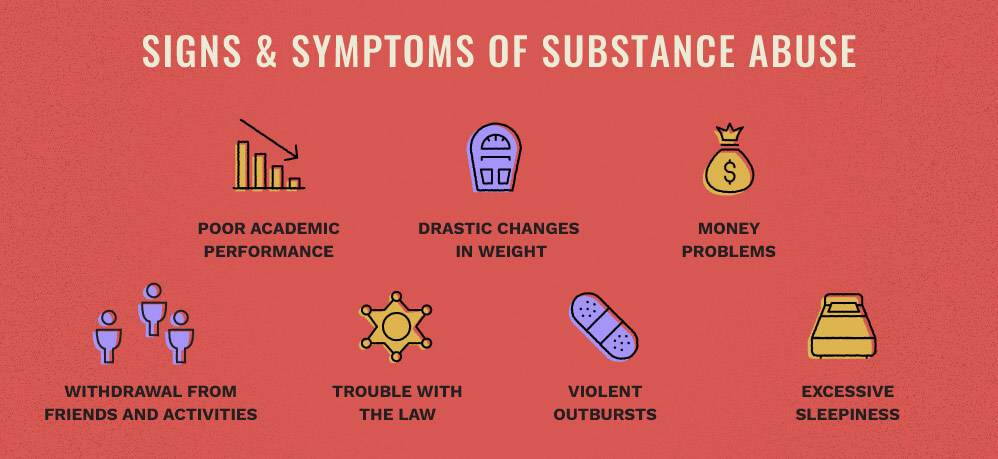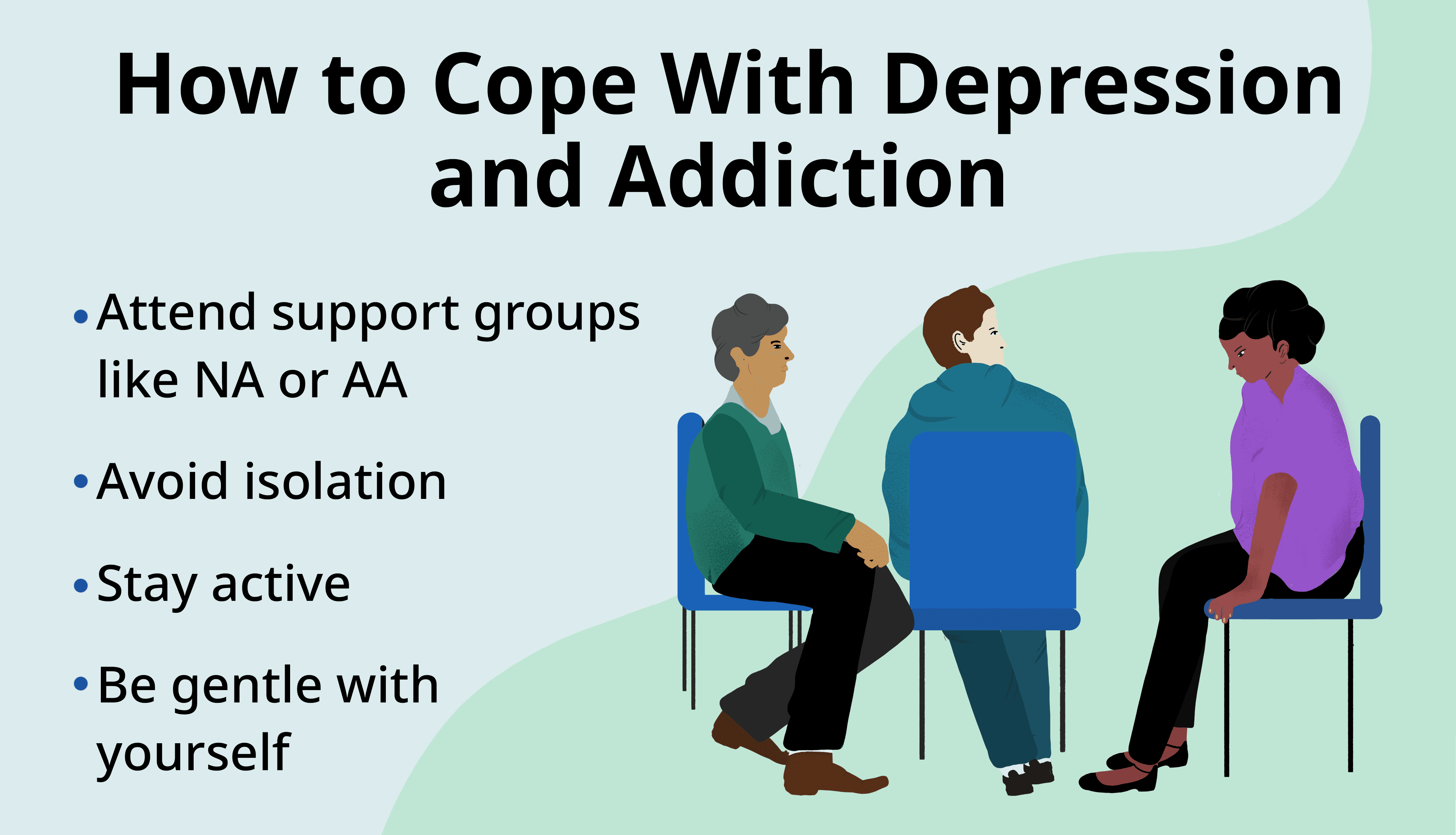How to Recognize the Early Signs of Substance Abuse?

Substance abuse is a serious problem that can take a toll on an individual’s life, relationships, and career. Recognizing the early signs of substance abuse is crucial for timely intervention and effective treatment. Identifying the warning signs can help prevent the progression to more severe stages of addiction. In this article, we will explore how to recognize the early signs of substance abuse, the impact it can have, and where you can seek help. Prayas Sewa Samiti is dedicated to supporting individuals and families in their fight against addiction, offering professional rehabilitation services. Let’s dive into the key signs of substance abuse and how early detection can make a significant difference in recovery.
What Are the Early Signs of Substance Abuse?
The signs of substance abuse vary from person to person, but there are common behaviors and physical indicators that can serve as early warning signs. Substance abuse may begin gradually, and people often try to hide their behavior. It is essential to stay alert and notice any changes in behavior, physical appearance, or emotional state. Recognizing these signs early on can lead to prompt intervention, which is crucial in preventing further escalation.
Some of the signs of substance abuse include:
-
Changes in Appearance and Hygiene: A person struggling with substance abuse might neglect personal hygiene. This can include unkempt hair, body odor, and lack of proper grooming. The individual may also experience weight changes or appear fatigued and unwell due to the toll drugs or alcohol take on the body.
-
Mood Swings and Irritability: If you notice unusual mood swings, irritability, or a sudden shift in personality, these could be early signs of substance abuse. The person may go from being upbeat to angry, depressed, or overly euphoric with no clear cause.
-
Decreased Social Engagement: Those suffering from substance abuse often begin to withdraw from their social circle. They may avoid family gatherings, cancel plans with friends, or isolate themselves, focusing more on their substance of choice than on their relationships.
-
Frequent Absences and Declining Performance: Another sign of substance abuse is an increase in absenteeism from work or school. You may notice a decline in performance, such as missed deadlines, a drop in grades, or poor productivity at work.
-
Financial Problems: If someone is struggling with substance abuse, they may begin to exhibit financial instability. This could involve borrowing money, selling personal belongings, or showing a lack of interest in managing their finances properly. Often, the pursuit of substances becomes a financial priority over everyday needs.
-
Erratic or Risky Behavior: Engaging in dangerous or reckless behavior such as driving under the influence, getting involved in unsafe situations, or engaging in criminal activities can be another indicator. This behavior is often a sign of substance abuse and poses severe risks to the individual’s safety and well-being.

The Psychological Effects of Substance Abuse
In addition to the physical signs of substance abuse, there are significant psychological effects that individuals may experience. These effects often go unnoticed, making early intervention challenging. However, with careful observation, these signs can be recognized, leading to the possibility of seeking help sooner.
-
Anxiety and Depression: Those abusing substances often experience increased levels of anxiety and depression. They may have difficulty managing their emotions, feel overwhelmed, or experience frequent feelings of sadness or worthlessness.
-
Increased Paranoia and Hallucinations: As substance abuse progresses, psychological issues like paranoia, delusions, or hallucinations may develop. These symptoms are more likely with certain drugs, such as stimulants or hallucinogens.
-
Neglecting Responsibilities: People with substance abuse problems may start neglecting their responsibilities, such as missing work, skipping important appointments, or ignoring their roles as family members. This lack of responsibility is often a sign of substance abuse and can lead to significant personal and professional consequences.
-
Denial and Avoidance: A key psychological sign of substance abuse is denial. Individuals may downplay the severity of their substance use or avoid discussing it altogether. They may also try to justify their behavior, making excuses for their actions, despite the negative effects on their health and life.
The Importance of Early Intervention
Recognizing the early signs of substance abuse is essential for successful treatment. The sooner the problem is identified, the sooner intervention can begin. Early treatment can prevent the individual from spiraling further into addiction, reducing the long-term effects of substance abuse.
It’s important to approach a loved one who is showing signs of substance abuse with empathy and understanding. Confrontation or anger can push the person further away. Instead, focus on offering support and providing information about available resources, such as addiction counselors, rehab programs, and support groups.
Seeking Help for Substance Abuse
Once the signs of substance abuse have been recognized, the next step is to seek professional help. Prayas Sewa Samiti offers comprehensive support for individuals struggling with addiction. With experienced counselors and a range of treatment options, the center provides a safe space for individuals to begin their recovery journey.
In many cases, a deaddiction centre in Dehradun offers a structured environment for detoxification and rehabilitation, providing patients with the tools they need to overcome addiction. These centers often incorporate therapy, counseling, and group support to address the psychological and emotional aspects of addiction, ensuring a holistic recovery process.

Conclusion: The Path Forward
Recognizing the signs of substance abuse early is the first step toward recovery. Whether you or a loved one is experiencing these symptoms, early intervention can make a significant difference. Seeking help from a trusted deaddiction centre in Dehradun can provide the support needed for a successful recovery journey. If you or someone you know is struggling with addiction, don’t hesitate to reach out to Prayas Sewa Samiti. With the right support and treatment, recovery is possible, and a brighter future awaits.
One thought on “How to Recognize the Early Signs of Substance Abuse?”